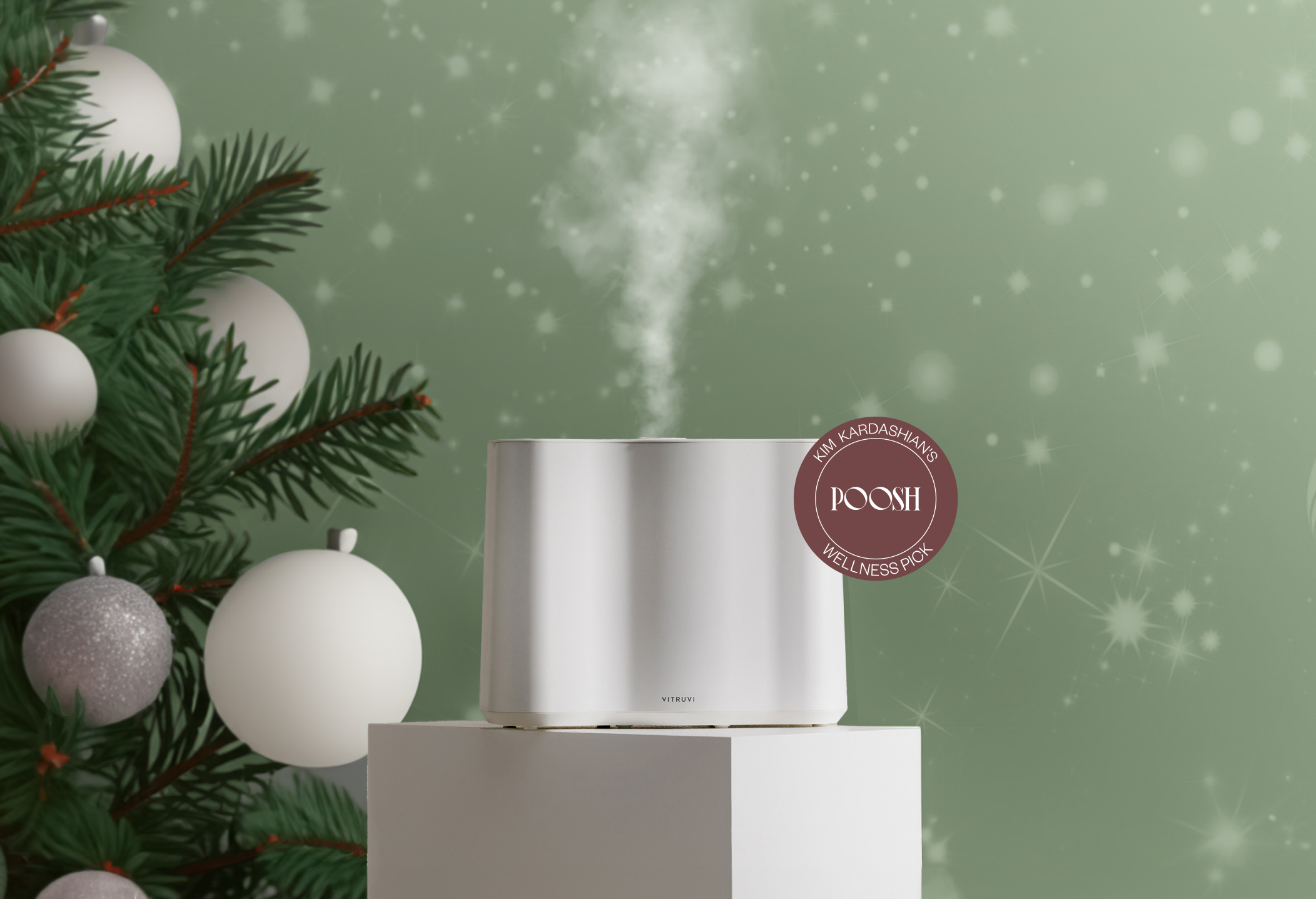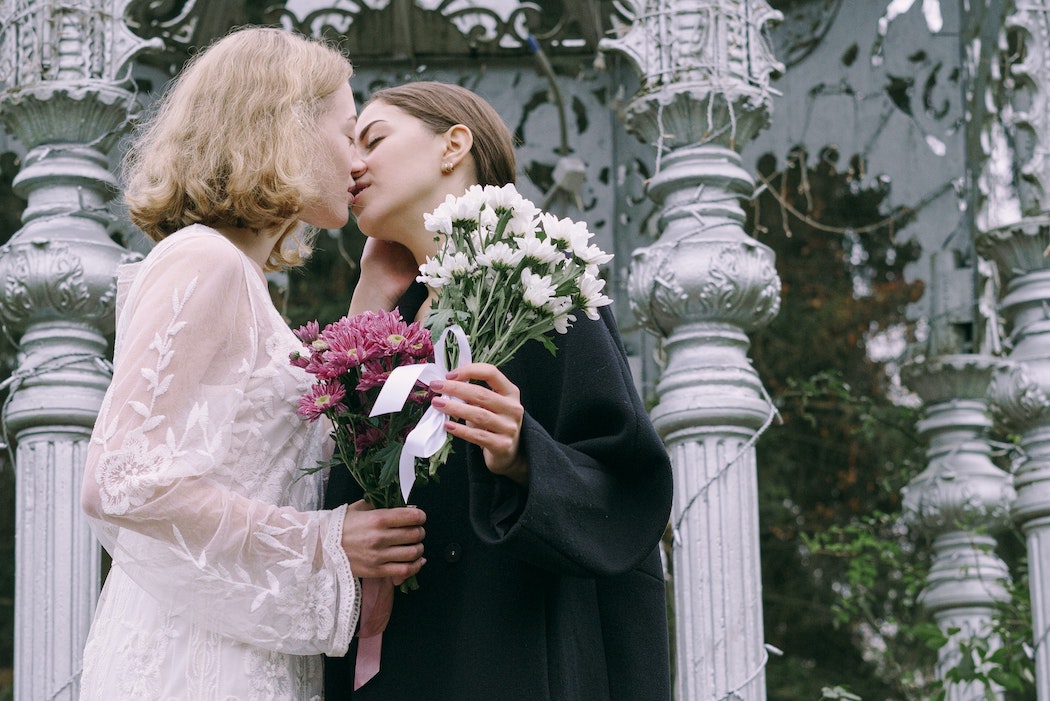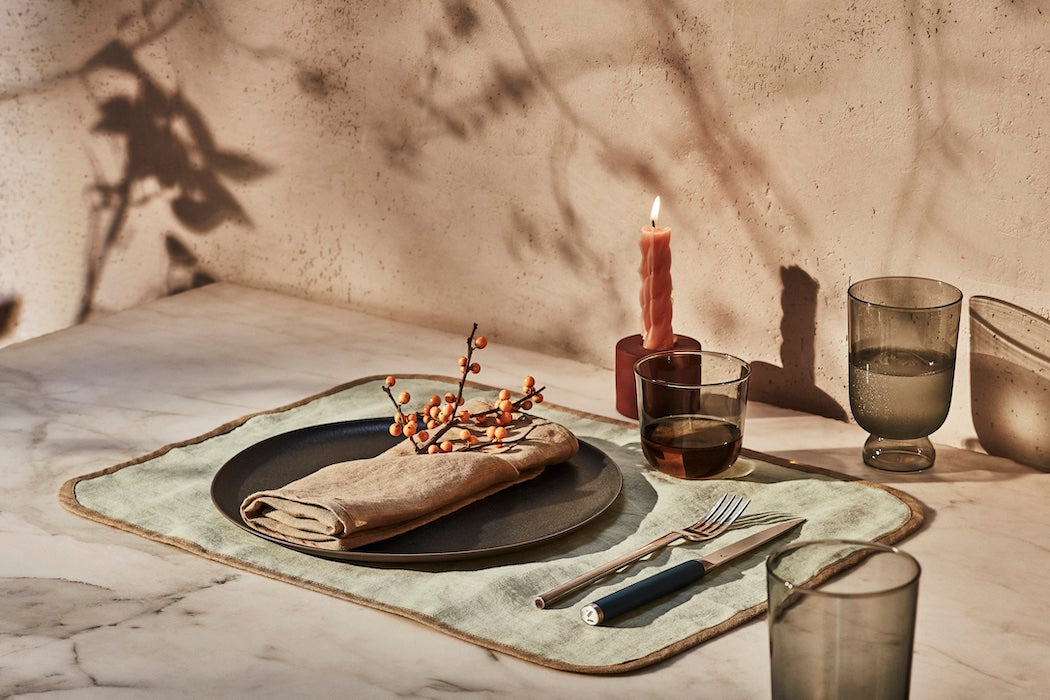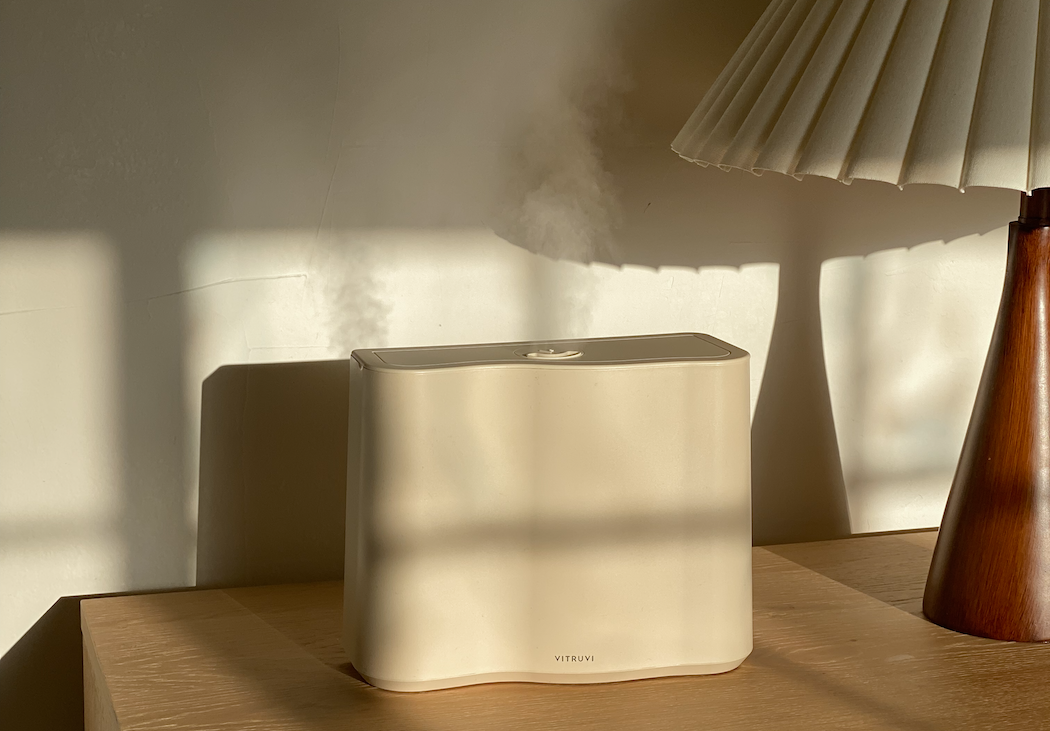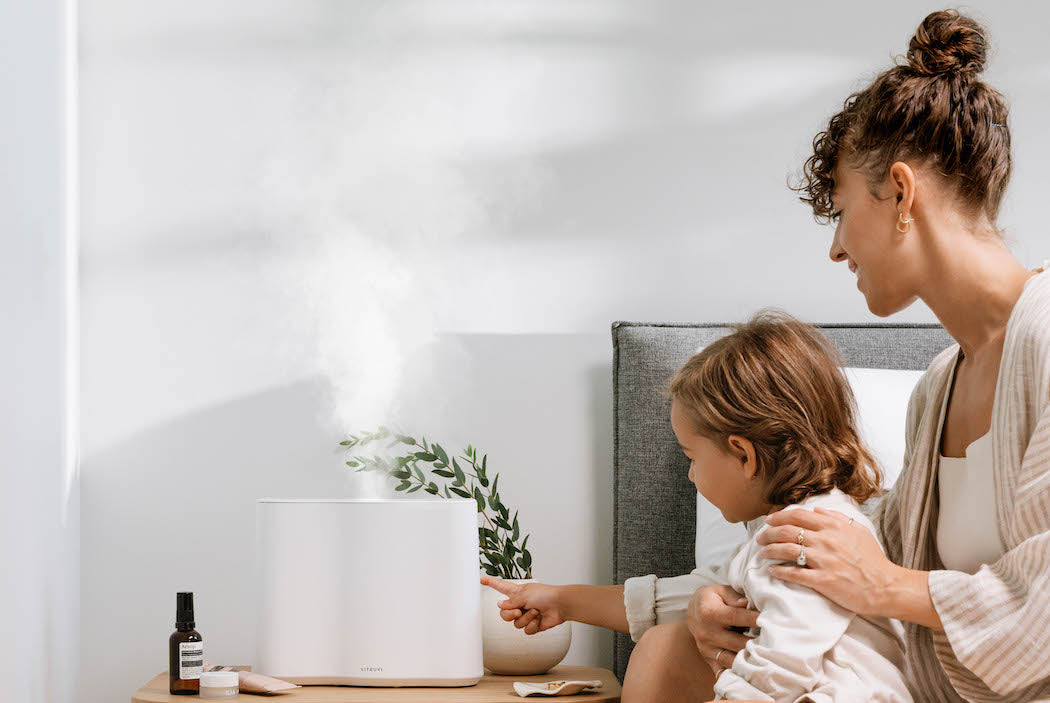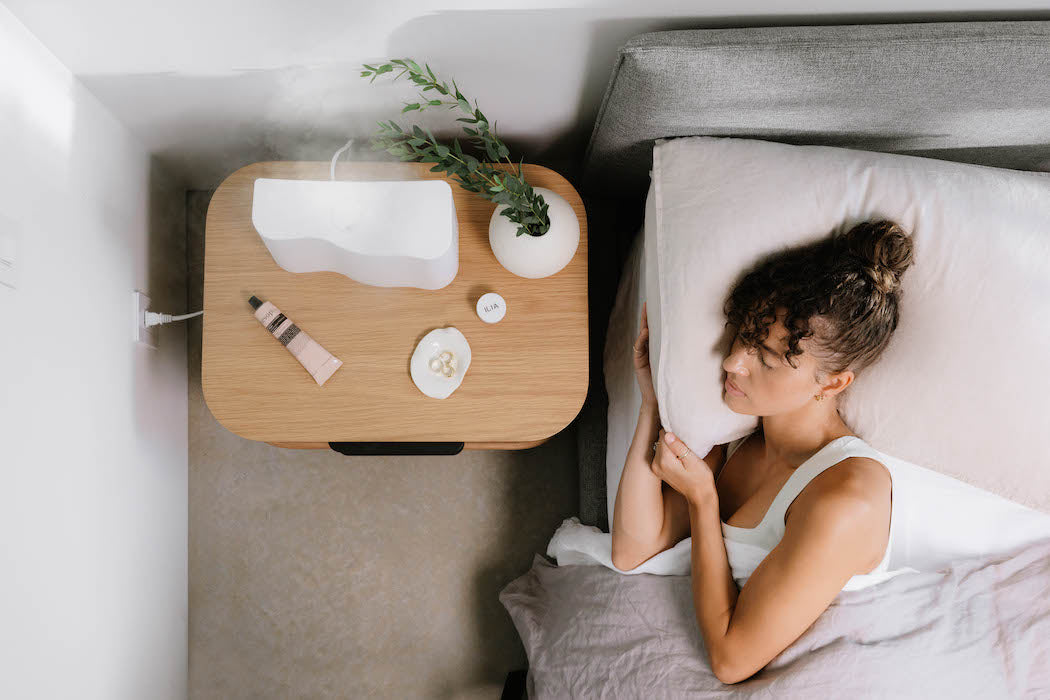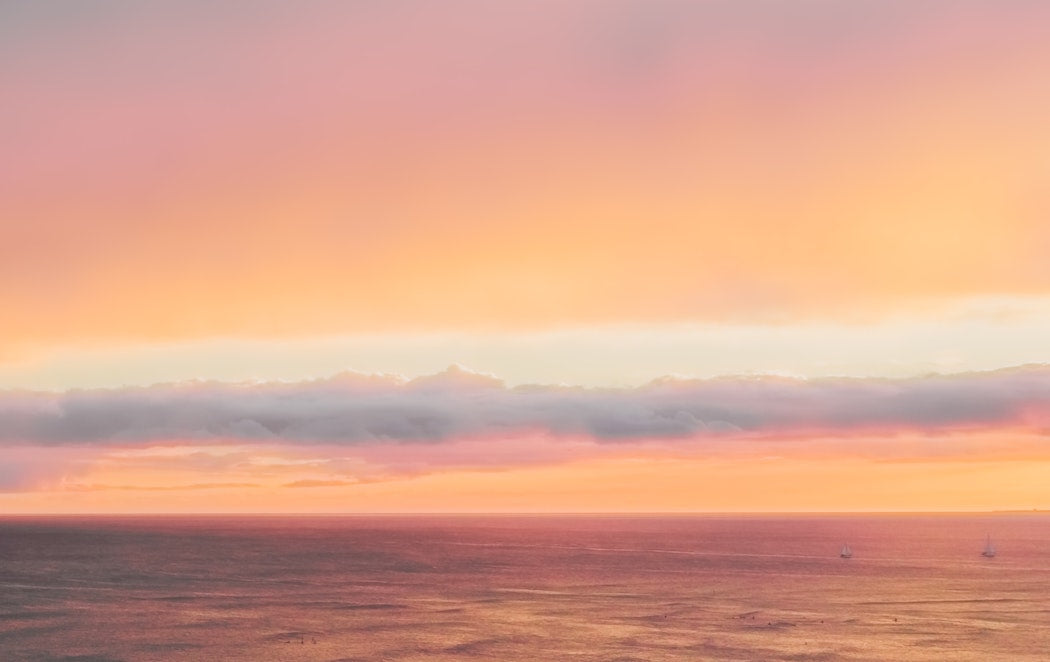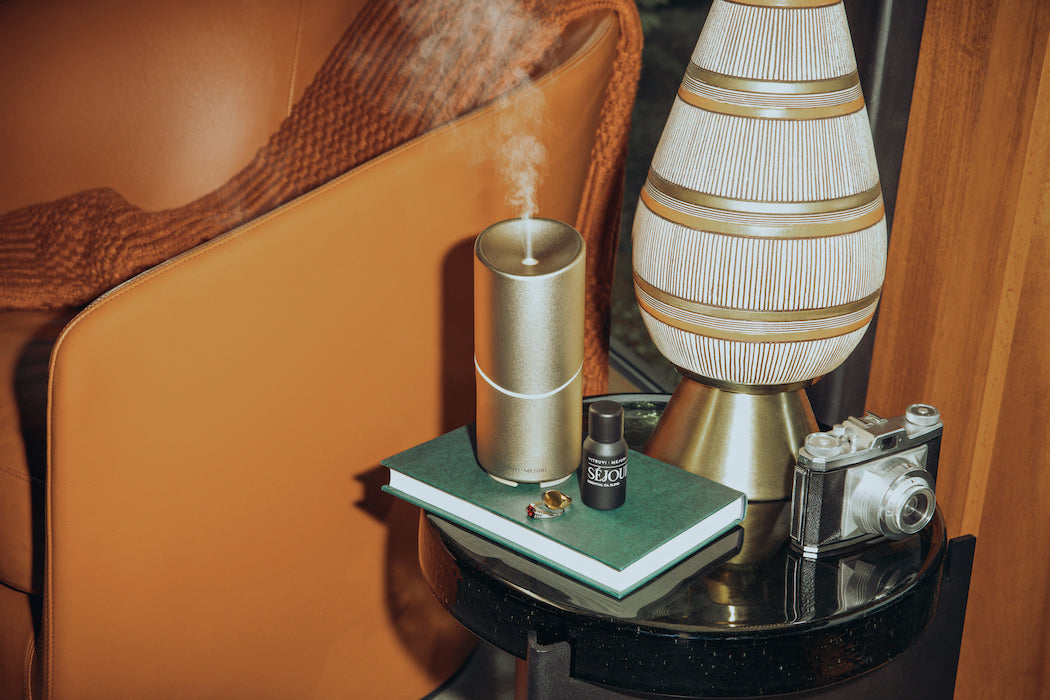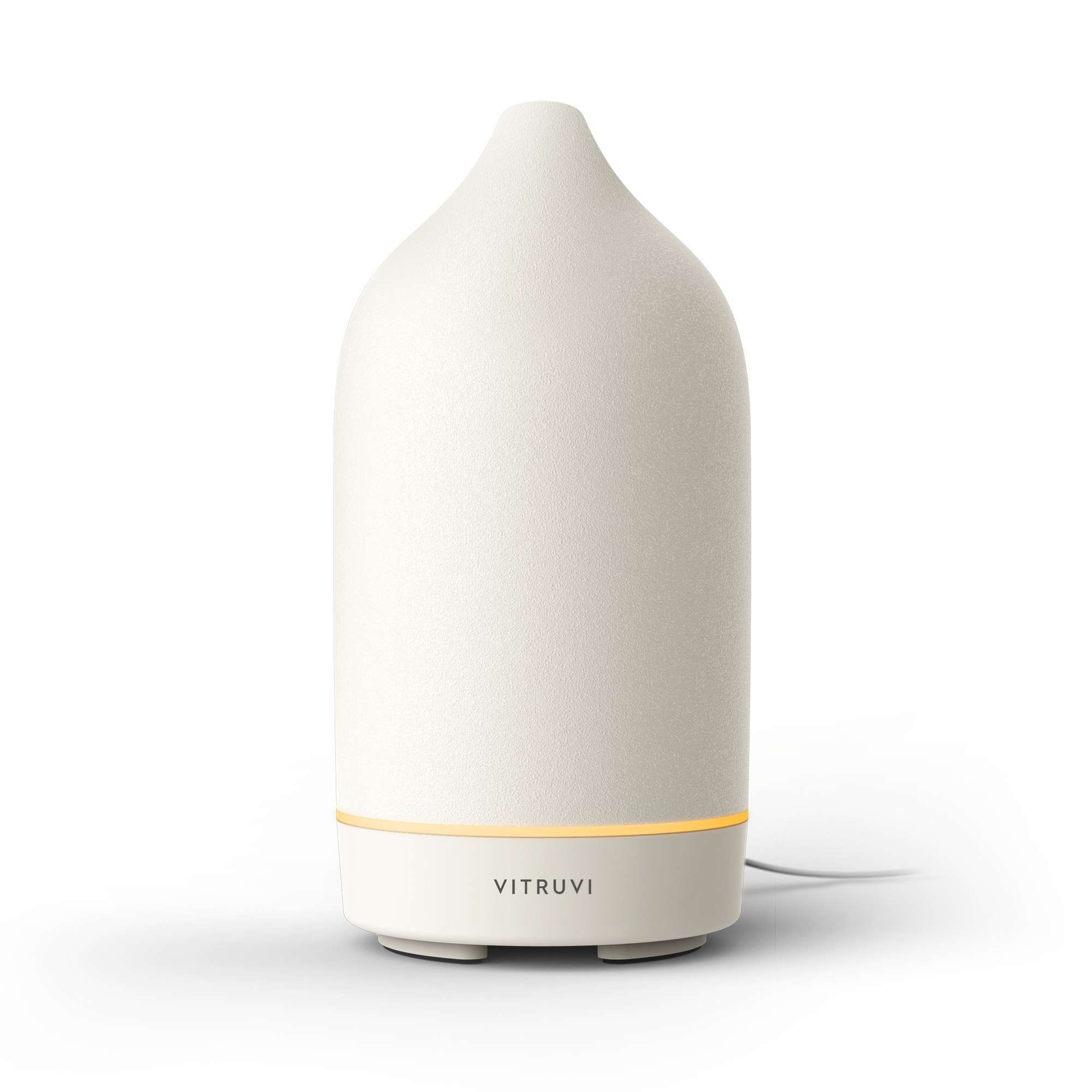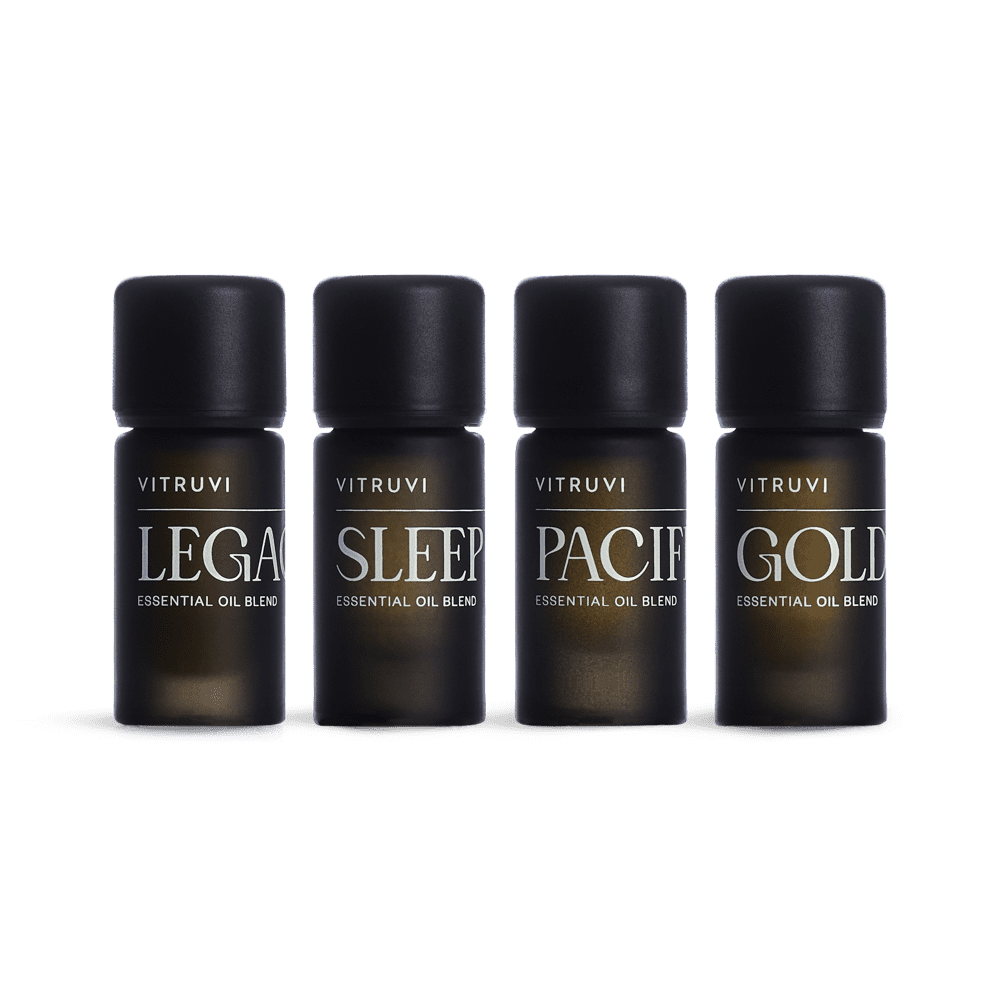Deon Hinton beams in like a ray of light. I’m not sure how else to describe it.
Over video from his studio apartment in Brooklyn, his energy is instantly felt—the warmth, the joy, the softness.
Originally from Arkansas, Hinton had never been on a plane when he decided to move to New York. “Something told me that New York was a place where I needed to be,” he reflects. “And I’ve never looked back since.” Now he spends his days modeling (for some incredible brands, I might add—Calvin Klein, Jacquemus, Maison Margiela, Montblanc) and posting gorgeous images to his Instagram, which has a burgeoning following of over 250,000 dedicated fans. He effortlessly weaves together masculine and feminine silhouettes, using fashion as a true form of self-expression. But what really sets Hinton apart is the writing that he puts with his posts.
An image of supple Bottega Veneta leather clutches is paired with a question: “Is there anything you need to forgive yourself for?”
A shot of objets d’art on a credenza is matched with another: “What would you call this season of your life?”
A photo of him, eyes closed and body mid-stretch, is captioned simply: “Just existing, I hope you’re well.”
It’s in these quiet moments, these hints of the heart beneath the polished exterior, that we see the real Hinton. He’s beauty and he’s vulnerability. He’s strong and he’s gentle. Below, he reflects on fashion, writing, home, and growth.
You’re a model, photographer, and an influencer. How did you carve out this career for yourself?
I feel like what a lot of people kind of don’t realize—and it’s something that took me a while to actually realize myself—is that there was no manual for this. There was no “how-to” book for content creation. So it was literally just me being truly authentic to myself and authentic to my story that allowed me to really curate a space for other people to feel safe and comfortable. It’s been a huge blessing to be able to share this space with so many people, and to continue to grow together.

What does fashion mean to you? How do you use it to express your identity and your emotions?
It’s everything. I had the biggest trouble with growing up; I was bullied quite a lot for constantly wearing the same things over and over. Literally wearing them every single week, just from poverty, so I was bullied so much. So I think a lot of my expression now is me being in the eyes of little Deon and thinking, “Oh my god, that’s so cool that I would wear that.”
A lot of times I may feel like I’m overdressed, but I think I’m over-dressing because there was a point in time when I couldn’t dress the way that I wanted to. Now I’m like, “I’m going to go full. I’m going to go all the way in.” I think it definitely shapes a lot of my identity. I would say 95 percent of my closet is thrifted. And a lot of it, I’d say maybe 70 percent of it, is women’s pieces. But the thing is, I love playing with feminine silhouettes, and I love just playing with fashion in general. I think there are really no rules. I’ve found so much expression with my identity within the way that I dress on a day-to-day basis—maybe I’m more masculine one day, maybe I’m really in touch with my feminine side another day. I love the parallels of playing with both. I’ll have a really tight, revealing, or low-chest tank top and some really baggy cargos and Jordans on the bottom. Some people are like, “What is going on?” But it’s New York City. It’s so open.
Have your dressing choices changed over the pandemic?
I will say there are a lot more sweats. It’s all my color palettes, but it’s just in sweat form now. I mean, even in the midst of the pandemic, especially at the beginning of quarantine, I was still throwing my ‘fits together. Even if I was just going to my desk, I found that it allowed me to work so much harder and so much better. I truly believe if you look good, you feel good, you work good. Putting on a full outfit literally just to go 0.5 centimeters to my desk to send a quick email—that’s everything for me. So most of my wardrobe got used in the midst of everything.

I’m picturing one of those “getting ready” montages—there’s music in the background, you’re looking so fire, and then you strut the five steps to your desk.
Yes! Just to go to my laptop and send a quick email.
What else have you done at home to keep yourself grounded during the pandemic?
I think writing has really allowed me to transport myself without ever moving—and same with music. Music has allowed me to really just feel things and has allowed me to remove myself from the world, in a sense. I feel like when I’m listening to music, when I’m writing, when I’m doing what I love, when I’m creating—that’s when I find the most solitude.
And my love for interiors has skyrocketed. This apartment that I live in now was specifically curated piece by piece by piece in terms of its silhouettes, its colors. I think beforehand it was a lot of, “If it works, it works; if I can sleep in it, it’s okay.” But now everything is measured. There’s a purpose to my home now, which there wasn’t really before.

Are there some pieces that are super meaningful to you?
My couch. This is my dream couch, and this the first couch that I’ve ever bought. I’ve lived in New York for three years now, and all the couches that I’ve had were always a roommate’s.
This couch symbolizes a lot of growth that I’ve had in my life with my career. I just love it. It embodies me in its colors and tones, the way that it’s built. It’s my baby. Literally my child.
What vitruvi products have you been enjoying lately?
Dusk has my heart; Dusk is literally everything. And Pacific. They’re so good. I’m a huge fan of Bergamot [found in Pacific]—Bergamot’s going to win, regardless, at any time. And Ho Wood [found in Dusk]—I love really warm, inviting scents.
What part does scent play in your space and your life?
Anybody who knows me knows that I’m truly a connoisseur of fragrance, and I do have an addiction. I have a problem, I will say.
I think it allows me to encapsulate exactly what I’m feeling, kind of the same as what fashion does. I think fragrance for me allows full expression, and I think it allows for so much more of an impact.
You mentioned that writing got you through the pandemic. Your Instagram captions are always super thoughtful and really reflect that safe space that you want to create for people.
I really think that my Instagram has taken the place of an open diary, in a sense; the things that I write about on my social media are things that I truly have been experiencing myself. So it’s not like I’m just putting out this advice for the world—these are things that I’m currently going through as well, that I’m figuring out.
A lot of things pertaining growth, a lot of things pertaining evolving, forgiveness. Love, hurt, understanding. What that looks like, what that may feel like. And at the end of the day, it’s always that there’s a light at the end of the tunnel—that’s my biggest thing. And we can go through the battle, we can go through the hardship, because it’s the reality. We shouldn’t have to shy away from these things. These are things that we’re all feeling, so why not talk about them? Social media can be a place of projecting only the beauty in life; and everything is beautiful, even the bad things, but I think it’s important to understand that the things that aren't necessarily so “pretty”—we shouldn’t cover them up. We should actually speak about them. So, there are no limits to what I will write and what I will say.

What are some of the things that you have had to confront or overcome during isolation? Since we’ve mostly had nothing else to do but deal with our shit.
I say all the time that I think quarantine really forced us to sit with ourselves and forced us to sit with the things that we had run away from for so long. Oftentimes pre-pandemic it would be like, “I don’t have time to think about that, I’m working right now, I’m busy, I'll deal with it later.” And quarantine was like, “You know what, actually we’re gonna deal with it, we’re gonna sit with it now.”
I think for me personally, it was a lot of forgiveness for myself. Understanding that I’m much more powerful than I think or give myself credit for being. I think it was a lot of me learning to give myself my flowers, which is something that I’ve never really experienced.
Give yourself flowers—can you explain the metaphor?
I love the idea of giving people their flowers, so giving people their congratulations; giving people their “I’m proud of you”; giving them their, “Oh my gosh, I always believed in you, I knew that you could do it, keep going, you’ve got this, you’re doing amazing.” Those are flowers to me. Giving yourself your flowers is giving yourself accolades, giving yourself props, giving yourself your love. But I also bought myself [literal] flowers the other day. It felt amazing.
What are you most excited about now that things are starting to open up again?
I think we all have this refreshed feeling of what it’s like to be connected with human beings again. And I think this time, we’re so much more cautious about the relationships and the friendships that we build. I think a lot of times it’s so easy to take relationships and the mundane things for granted, because it’s like, “They’re always going to be there, I can see them next week.” But I think now, hopefully, we’re all accustomed to the beauty in relationships and the special connections. I think that’s why this summer is going to be so magical.
What was the first restaurant you went back to when you could?
Ruby’s in New York City. It’s in Soho. I can’t recommend this enough. Get the Bondi Burger—it’s a citrus-marinated chicken sandwich—and their truffle aioli fries. It’s life-changing. I go so often that they know me by name now. I went in and I had a full mask on, and she was like, “Deon?” I was like, “We’re there, we made it. We have made it.” I told my friends, “She knows my name!” That is my Holy Grail. Hold it down, for sure, forever.
Is there anything else that you want to touch on?
For anyone reading this, just understand that you are powerful. You are beautiful. Take this summer for all that it is going to be—it’s going to be an amazing time. And not even just this summer, but life in general. As we’ve seen, life is unexpected, and I think it’s very, very important to understand that we have so much power in the way that we see things and the way that we hold things and the way that we hold each other. Kisses.
This interview has been edited and condensed for clarity.


